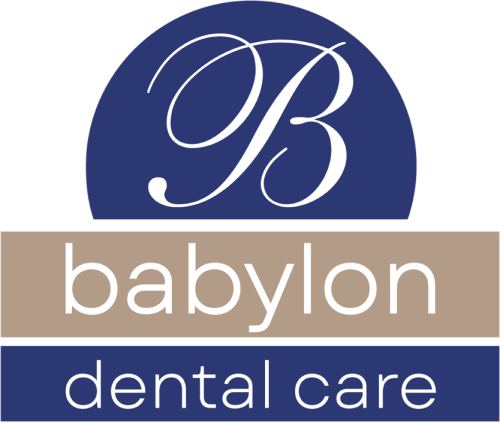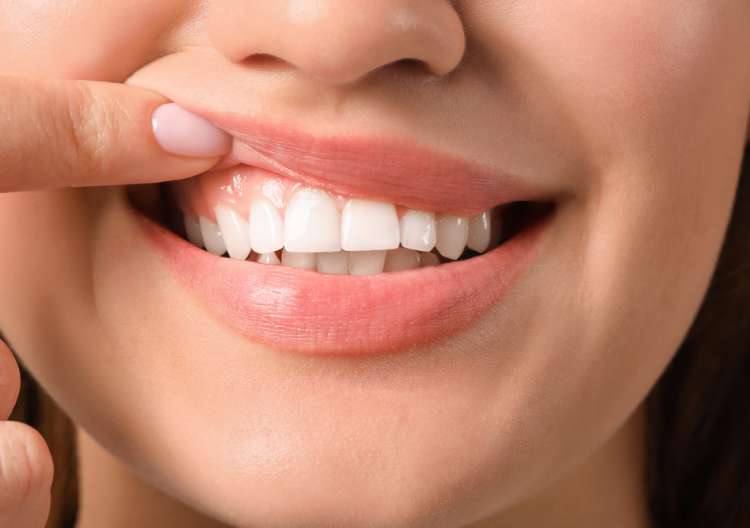If they are not promptly treated, oral infections can have damaging effects on your teeth. Oral diseases, however, can often be prevented if you make sure to practice good oral hygiene. While some oral infections only last a few days, others can last much longer, causing you a lot of pain. Understanding common oral infections is the first step. Common oral infection includes the following:
- Dental Caries– Dental caries is the most common oral disease in both children and adults. Dental caries is the top reason for child tooth loss and decay. According to American Academy of Family Physicians, ‘85 percent of adults have at least one tooth with decay or a filing on the crown.’ Dental caries is essentially tooth decay or cavities. Sugar-rich foods can induce this oral infection. Bacteria turn the sugar and carbohydrates from the food we eat into acids that destroy the tooth’s enamel and dentin. Once the tooth decay has eroded the enamel, symptoms of dental caries include tooth sensitivity to sweet, hot and cold food and drinks. If diagnosed early enough, caries can be reversed. However, if the enamel has already been destroyed, caries cannot be reversed, and you should contact your dentist right away.
- Pulpitis– Pulpitis is often the result of untreated caries, a trauma that disrupts the blood flow to the pulp, or a tooth that had multiple invasive procedures. Pulpitis can be very painful and is classified and reversible and irreversible. Reversible pulpitis occurs when sensitivity to hot, cold, or sweet food and drinks cease after 1-2 seconds after stimulus removal while irreversible pulpitis occurs when sensitivity persists for more than a few seconds.
- Gingivitis– Gingivitis is a medical term for early gum disease. There are a variety of bacteria that can cause this oral infection. Bacteria can settle into gum lines and gum crevices and create toxins that cause your gums to become inflamed and swell. Gingivitis is what may cause your gums to bleed while brushing. The most common cause of gingivitis is poor dental hygiene that allows plaque to build up and form under the gum line. Plaque requires daily removal, and when plaque builds up on the teeth for more than two days it becomes much harder to remove, and you may be more likely to have gingivitis.
- Periodontitis–Periodontitis is a severe gum disease that causes the loss of supportive bone structure. Periodontitis can cause teeth to loosen or fall out. Symptoms include swollen gums, bright red gums, gums that recede from your teeth, bad breath, painful chewing, and new spaces between your teeth.
- Pericoronitis– Pericoronitis is a localized infection caused by food particles trapped beneath the gingival flaps of a partially erupted tooth or wisdom teeth. Symptoms include pain while eating, limitation of mouth movement and discomfort chewing and swallowing.
While these oral diseases are common, they are mostly preventable with proper oral hygiene this includes brushing your teeth twice a day, flossing, and regular dentists visit for a professional cleaning. In order to make sure that your teeth and gums remain healthy, make sure to schedule regular checkups and cleanings with the New York dental professionals of Babylon Dental Care. Contact us at (631) 983-6665 today to schedule an appointment!


